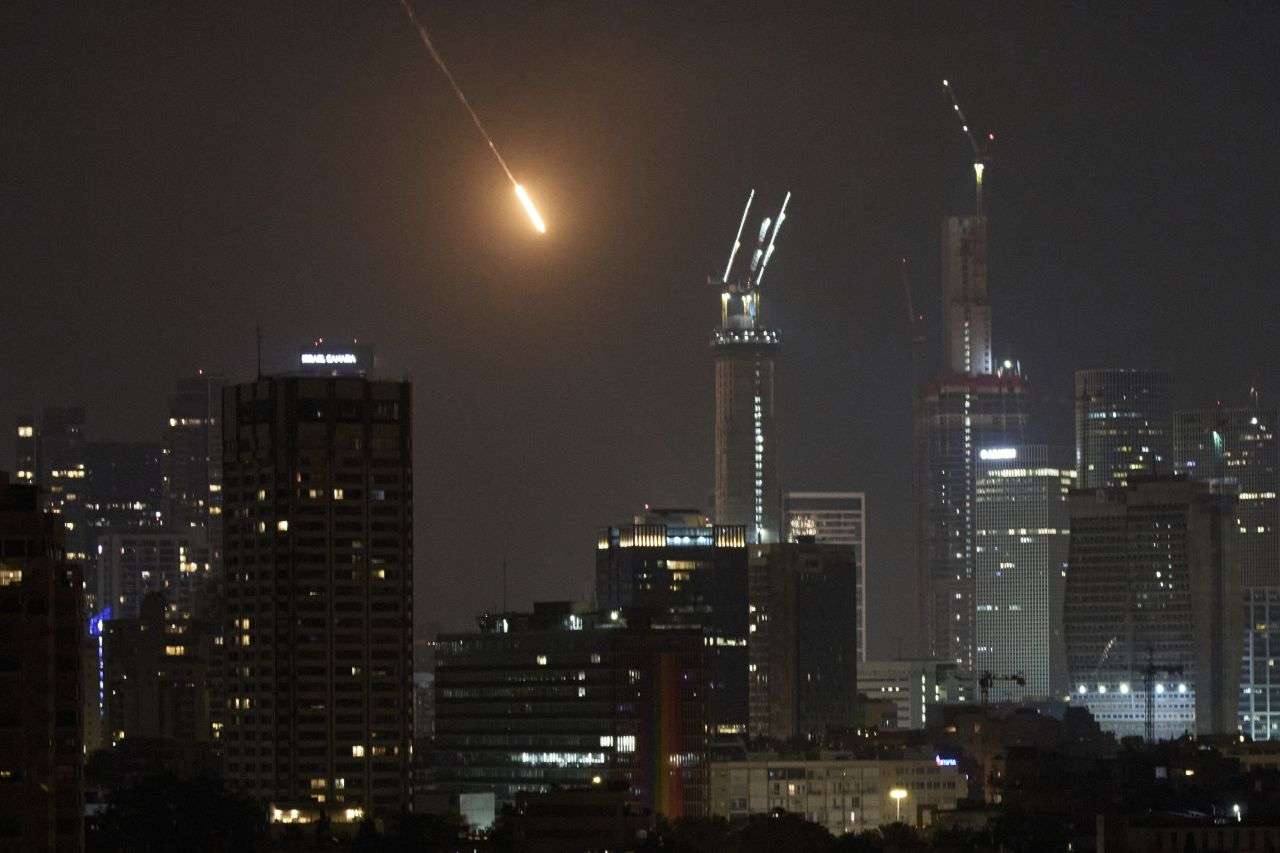Israel and Iran exchange missile barrages amid escalating conflict

The long-simmering conflict between Israel and Iran has sharply escalated, with both nations launching missile attacks against each other following Israel’s “unprecedented” strikes on Iranian nuclear and military targets on Friday. Explosions were reported across Israel, including in Tel Aviv and Jerusalem, as well as in the Iranian capital, raising fears of a broader regional war.
Iranian forces launched dozens of missiles toward Israel overnight Friday into Saturday, with Iran’s Islamic Revolutionary Guard Corps (IRGC) stating they targeted Israeli military centers and air bases. The Israeli military confirmed it intercepted some of the incoming missiles and declared a state of emergency, instructing residents to take shelter before later permitting them to leave. Sirens blared across northern Israel as new waves of Iranian missiles were detected. Israel’s ambassador to the United States, Yechiel Leiter, stated that Israel faced “three salvos of ballistic missiles fired from Iran today, about 150 in total,” confirming one woman was killed and “some 40 people” were injured in Israel from these strikes.
These Iranian retaliatory strikes followed a major Israeli offensive early Friday, which saw Israel conduct widespread attacks on Iran’s nuclear program and military leadership. According to Iran’s UN envoy, Amir Saeid Iravani, those initial Israeli strikes killed at least 78 people and injured over 320, most of whom were civilians. Among the high-profile Iranian casualties were General Hossein Salami, commander-in-chief of the IRGC; Major General Mohammad Bagheri, Iran’s highest-ranking military officer; and former national security chief Ali Shamkhani. Six Iranian nuclear scientists were also reported killed.
In the wake of the initial Israeli attacks, Iranian Supreme Leader Ayatollah Ali Khamenei had vowed “severe punishment.” Following the latest missile exchanges, Iranian authorities continue to assert a powerful response, with air defense systems active in the Iranian capital.
Israeli Prime Minister Benjamin Netanyahu and Defense Minister Israel Katz were reported to be in a bunker, assessing the situation. Earlier, US President Donald Trump had spoken with Netanyahu, following his previous warning to Iran to agree to a nuclear deal “before there is nothing left,” suggesting any future Israeli attacks could be “even more brutal.”The United States has stated it was not involved in Israel’s initial strikes but indicated Israel had advised them that the action was necessary for self-defense.
The escalating direct confrontation between the two regional powers has drawn international concern. China’s envoy to the United Nations condemned what it called Israel’s “violation of Iran’s sovereignty,” urging an immediate halt to “all risky military actions” and emphasizing the importance of diplomacy to prevent further escalation in the Middle East.




